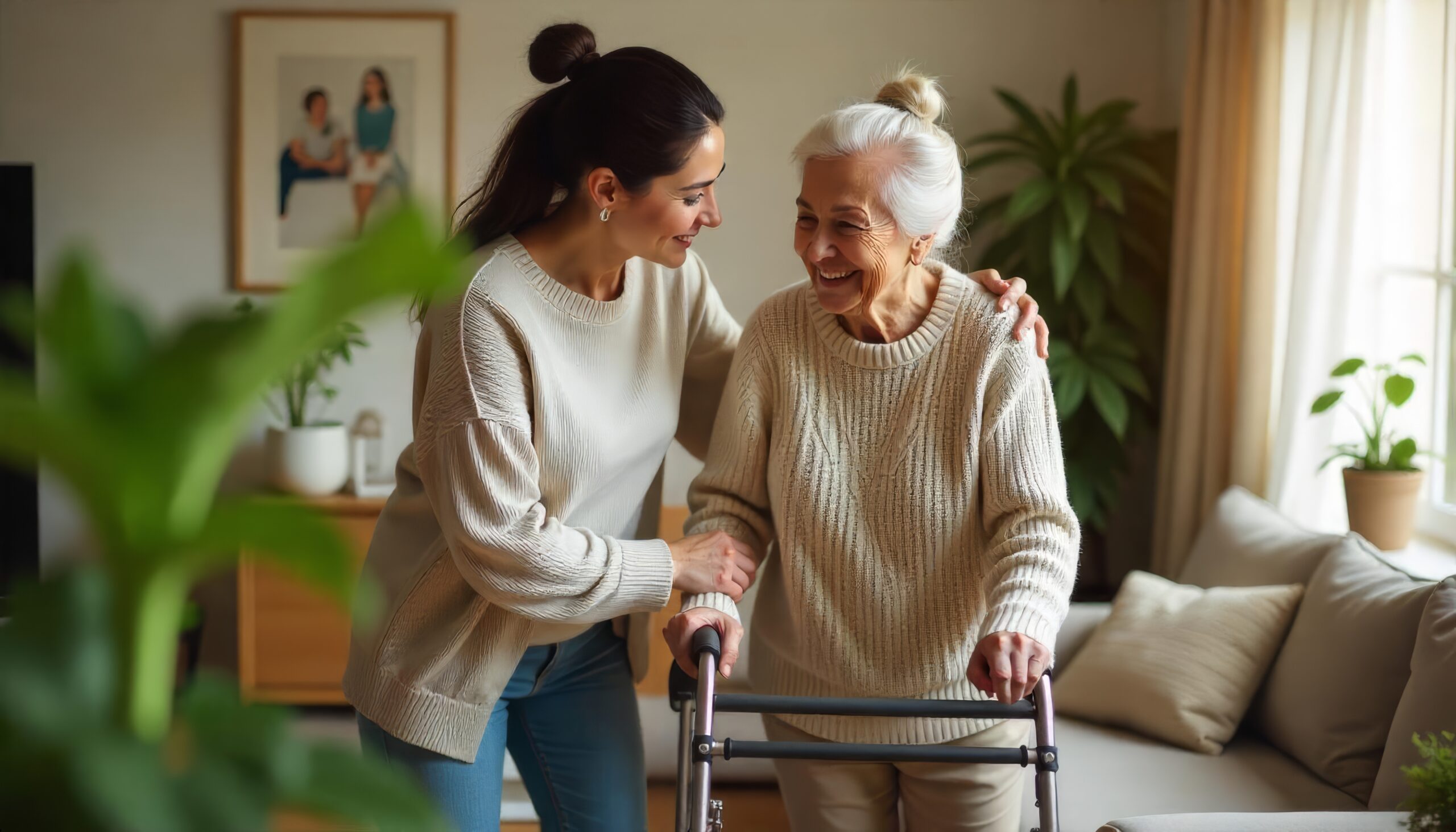
Many caregivers worry whether their parents are eating enough and getting a balanced diet. These are valid concerns, given that appetite decreases for older adults as they become less physically active. The diminishment of taste and smell also dampens the desire to eat. Food just doesn’t taste as good.
When Is it Time to Worry?
The daily recommendations for seniors, according to the U.S. Department of Agriculture, are: 1-1/2 to 2 servings of fresh fruit; 2 to 2-1/2 cups of fresh vegetables (e.g. anti-oxidant rich dark leafy greens, such as kale and spinach, as well as oranges and yellows, such as carrots and squash); 1,200 mg. calcium (e.g., low-fat milk, yogurt, or cheese. Non-dairy sources include tofu, broccoli and almonds); 6 to 7 ounces of grains (choose whole grains over processed white flour for more nutrients and a higher fiber count); and approximately 65 grams of protein.
If you’re concerned you or the senior in your life isn’t getting enough nutrition, there may be a number of reasons, including the simple facts that grocery shopping might not be as easy to do, cooking may be more difficult, or meals just aren’t as fun to eat alone.
We consulted with Tammera Karr, a board certified holistic nutritionist in senior care advisor for Care.com warns that you should keep your senior’s doctor in the loop, and be sure to check with the medical team about food restrictions before planning menus.








